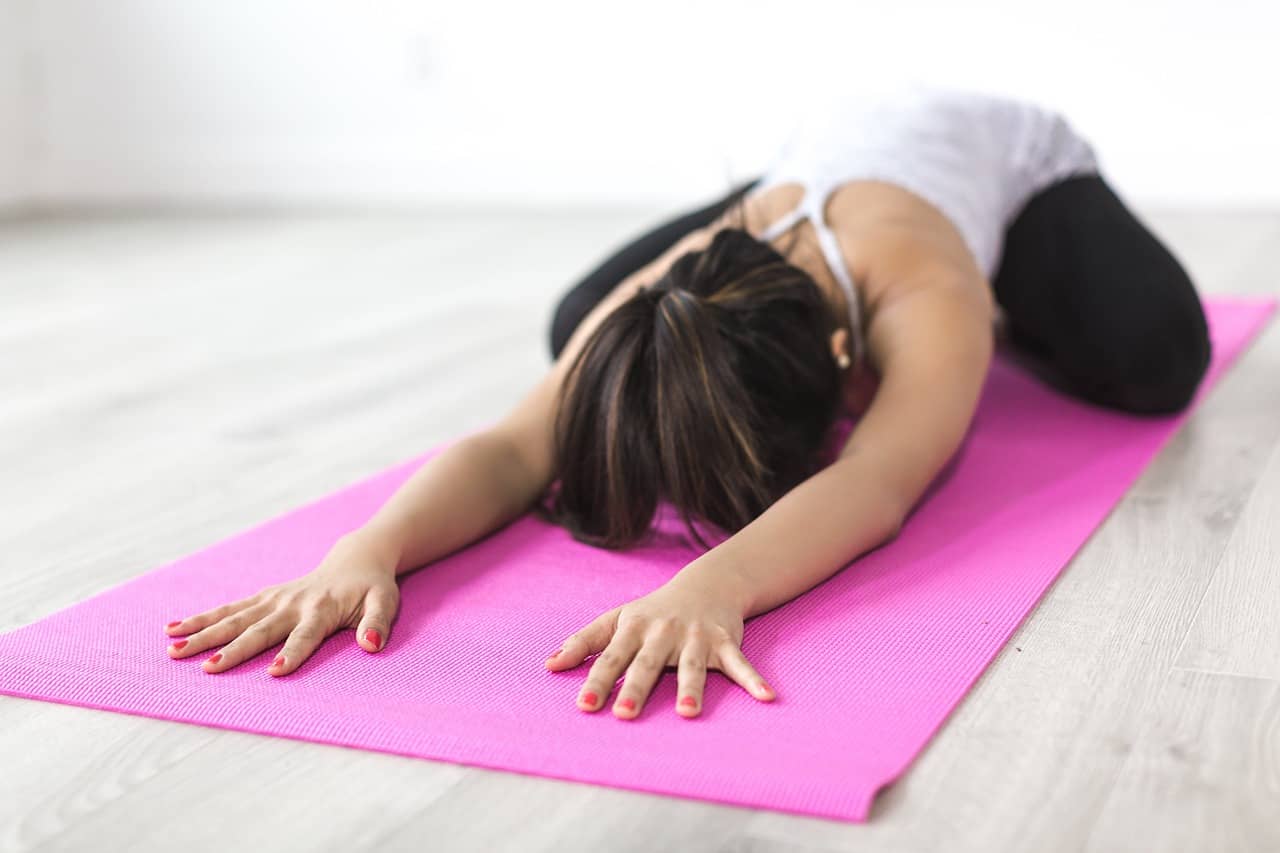You might be getting too stressed or feeling overwhelmed with the slightest of work challenges. This could be signs of anxiety, something you shouldn’t take lightly. Anxiety can have a negative impact on your mental health if it’s prolonged and you’re not able to manage it. It can also lead to other health problems like high blood pressure.
Spotting the early signs of anxiety can help you get the support you need to prevent it from affecting your mental health. This article discusses seven effective ways of coping with anxiety so that you don’t have a hard time bearing it.
Identify Your Triggers
Many behaviors or situations can trigger anxiety. It might be a work deadline, public speaking, or an upcoming exam. Once you know what’s triggering your anxiety, you can take corrective actions. You can also take your friend’s or family member’s help to spot behavior changes in you to know it’s time you eased up.
Avoid Alcohol and Drugs
It’s tempting to try and self-medicate with alcohol or drugs when you’re feeling anxious. But this will only make the situation worse in the long term. Not only will you become dependent on these substances, but you’ll also find it more difficult to cope with anxiety without them.
Here are some steps you can take to steer clear of drugs and alcohol:
- Talk to a trusted friend or family member about your anxiety and how you’re feeling.
- Identify healthy coping mechanisms that work for you, such as exercise, journaling, or relaxation techniques.
- Attend a support group for people with anxiety disorders.
Get Enough Sleep
Lack of sleep can worsen anxiety. If you’re finding it difficult to sleep, there are a few things you can try:
- Stick to a regular sleep schedule by going to bed and getting up at the same time every day.
- Create a relaxing bedtime routine to help you wind down before sleep. This could involve reading, taking a bath, or stretching.
- Avoid caffeine and alcohol before bedtime.
Exercise Regularly
Exercise is a great way to reduce stress and promote overall mental health. It can also help to improve your sleep quality. Aim for at least 30 minutes of moderate-intensity exercise on most days of the week. But even if you can’t commit to this, any amount of exercise is better than none.
Challenge Your Negative Thoughts
If you’re prone to anxiety, you might have negative thoughts about yourself or the world around you. These thoughts can make anxiety worse and lead to a cycle of negative thinking. But you can break this cycle by challenging your negative thoughts.
When you have a negative thought, ask yourself:
- Is there evidence to support this thought?
- What would I say to a friend in this situation?
- What’s the worst that could happen? And how likely is it to happen?
Avoid Behavior Avoidance
It’s natural to want to avoid things that make you feel anxious. But avoidance only reinforces your fear and worsens in the long term. So, instead of avoiding your anxiety triggers, face them head-on. This process is called exposure therapy and can effectively treat anxiety disorders. You can also consider depression treatment therapy to deal with your anxiety and depression, as such conditions happen in tandem.
Relax Your Muscles
When you’re anxious, your body goes into fight-or-flight mode. This causes your muscles to tense up, making anxiety symptoms worse. To relax your muscles, try:
- Progressive muscle relaxation: This involves tensing and relaxing different muscle groups one at a time.
- Yoga: Yoga combines physical activity with breathing exercises and relaxation.
Final Word
Getting anxious is normal, but too much anxiety can affect your mental peace and make life difficult for you. We are sure the above tips were helpful.





The information you have posted is very useful. I will try.